More great titles from Pavilion Books
Tap on the titles below to read more
 |  |  |
For the Love of an Orchard
Jane McMorland Hunter | Allotments
Sian Meades | Drink Your Own Garden
Judith Glover |
| Available as: | Available as: | Available as: |
| Hardback | Hardback | Hardback |
| eBook | eBook | eBook |
 @pavilioncraft
@pavilioncraft
 LoveCrafts HQ
LoveCrafts HQ
www.lovecrafts.co.uk
First published in the United Kingdom in 2011 by
Pavilion Books
1 Gower Street
London WC1E 6HD
An imprint of Pavilion Books Company Ltd
www.pavilionbook.com
Twitter: @PavilionBooks
Text Lia Leendertz
Design and layout Pavilion Books
Photography see picture credits on page 207
Illustrations Karolin Schnoor
The moral right of the author has been reserved.
All rights reserved. No part of this publication may be reproduced, stored in a retrieval system, or transmitted in any form or by any means, electronic, mechanical, photocopying, recording or otherwise, without prior written permission of the copyright owner.
Commissioning Editor: Emily Preece-Morrison
Cover Design and concept: Georgina Hewitt
Layout: Louise Leffler
Picture Research: Jenny Faithfull
Editors: Hilary Mandleberg, Nicola Hodgson
Illustrations: Karolin Schnoor
Indexer: Sandra Shotter
First published as an eBook in 2014
ISBN: 9781909396814
Also available in hardback
ISBN: 9781862059115
This book can be ordered direct from the publisher at
www.pavilionbooks.com, or try your local bookshop.
Lia Leendertz
twilight
garden
a guide to enjoying your garden
in the evening hours

CONTENTS

In the cool of a garden when evening draws in Serenity waits where the shadows begin.
Joyce Grenfell,The Garden at Dusk

FOREWORD
P eople love gardens. Even people without a horticultural bone in their body can appreciate the pleasure of taking fresh air in pleasant surroundings. For those of us who are hooked (and there are millions of us around the world), our own gardens exist as private sanctuaries. Ever since the concept of paradise emerged from Persia some 3,000 years ago, gardens have served as an escape from work, domestic routine and the harsh realities of life. But with the increasing pace of modern living, many of us are left wanting when it comes to actually enjoying the fruits of our labour. Long office hours leave little time, if any, to enjoy the garden in daylight, and flurries of activity over weekends to catch up can leave us exhausted and frustrated. But the garden doesnt just disappear at sunset. As the background din surrenders to the last snatches of birdsong, a palpable change takes place, as emphasis shifts and our senses tune in to a different dimension. Moods and feelings that are absent by day invite you to draw breath and take a draught of twilight before the garden is cloaked in darkness.
Some say that these fleeting moments are the best time to enjoy a garden; a time when the spirit of the place really comes alive. As light fades, our senses sharpen. Changes in temperature and humidity capture scent, while less discernible night sounds are more prominent. Flowers and plants robbed of sunlight fade to grey tones and shadows, while whites, greys and silvers come into their own with a ghostly effect on the space they occupy. Blues too take on an electric luminosity, reflecting ultraviolet rays back into a visible spectrum as our eyes adjust to the twilight world, taking our appreciation of the garden to a new level. The night sky offers much at which to marvel; voids and masses take on uncertain form; the movements and calls of nocturnal wildlife are less familiar. It is an alien world and therefore captivating, as if we are getting to know the gardens innermost secrets.
In this book, Lia Leendertz has tried to further the appreciation of the moonlight garden. She looks at the basic design principles of what makes a twilight garden work; which elements can be exploited when day turns to night; which plants should be used and how to use them; and how to enjoy your garden best at this time. All these essential aspects are covered in order to shed a little twilight on how you might transform your own private space into a moonlit paradise.
Cleve West
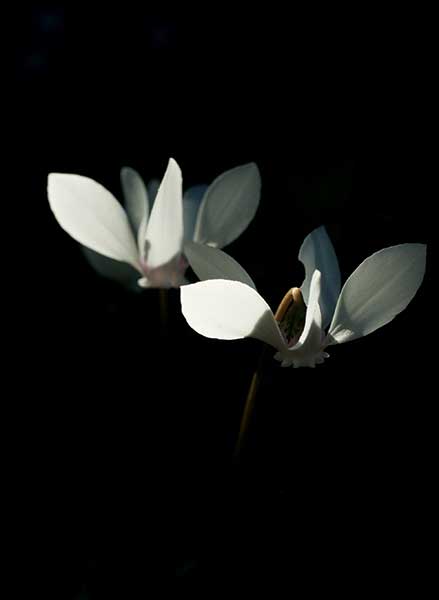
INTRODUCTION
After dark, your garden could be a magical place. Imagine the possibilities. It could be a secret hideaway, a place to relax on your own with your senses fully attuned as you smell the sultry fragrances of night-blooming flowers and listen to the scuttling of nocturnal creatures and the trickle of water. Or you might prefer it as a venue for throwing memorable, candlelit parties warmed by wafts of gentle breezes, with the only decoration needed being the pale blooms of borders filled with plants chosen for their ability to glow in low light. Or maybe youd like your garden to be a softly lit outdoor dining room, where the fresh air acts as a digestif, sharpening the appetite and making all the food taste delicious.
My own garden in the evening is a place of refuge. Throughout the day, it is filled with activity and brightly coloured plastic childrens toys. It rings to the sound of laughter and tears and demands for drinks and snacks. But as dusk falls and children are ushered into baths and pyjamas, it becomes quiet, calm mine.
A Room of Ones Own is a luxury I have always envied: the garden is a place where I can simply be a creative being, free of the daily grind and the constant nurturing that comes from being a parent of young (or, I imagine, any) children. With four people in a three-bedroom house, a whole room all to myself filled with books and with a comfy old armchair and the warmth of a log-burning stove is always going to be a fantasy. But I do have my after-dark garden. This is where I get to stretch my wings and be myself, so I want it to be exciting and welcoming when I am free to spend some time in it.
This is my reason for wanting to make my garden as special as possible in the twilight hours, but there are many others. Lots of people dont even see their gardens in the daytime. Its easy to live an entirely indoor life. If you work the nine to five away from home, chances are you feel pretty removed from the outside world and from your garden in particular. You may not even have planted much in it, thinking that youre going to miss the show anyway; if all the best stuff is going to happen while you are stuck at your desk eating your sandwiches in the next town, then why should you bother?
Next page
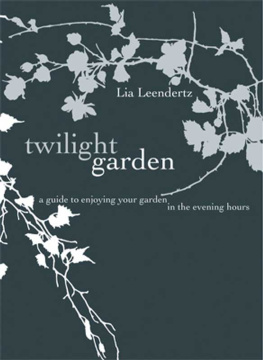
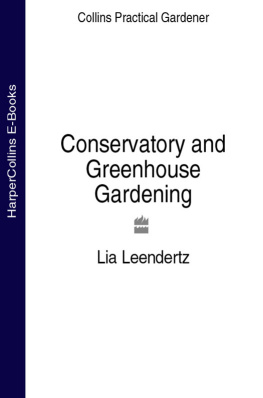

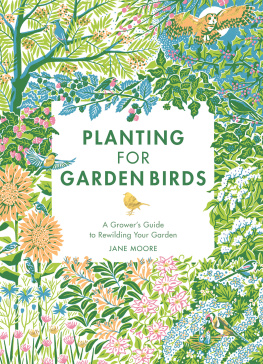
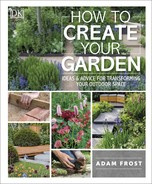
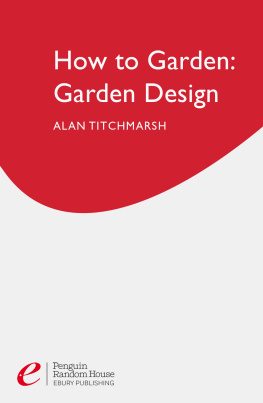
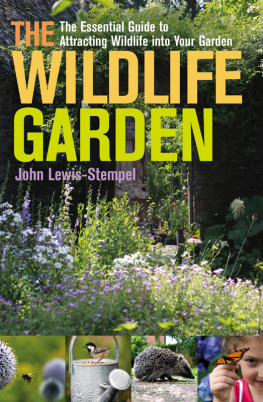
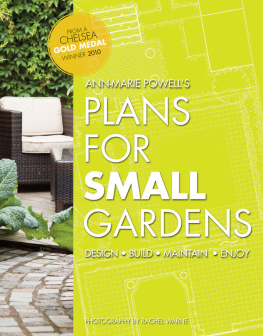
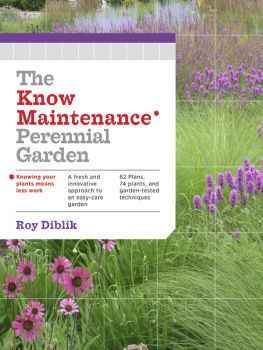
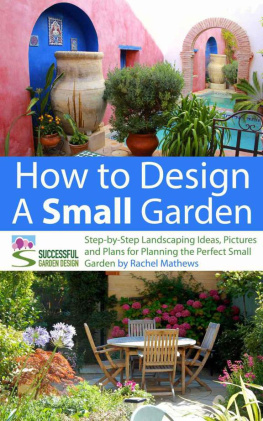



 @pavilioncraft
@pavilioncraft LoveCrafts HQ
LoveCrafts HQ


